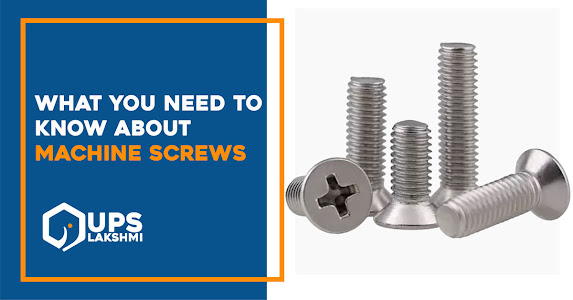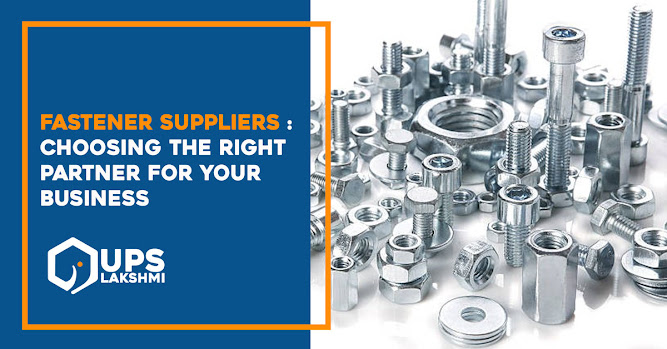What You Need to Know About Machine Screws
Screws, bolts, and other fasteners and fixings come in a multitude of varieties. Among the dozens of standard fastener types, machine fasteners are one of the most commonly used.
Machine fasteners can be coarse-threaded or fine-threaded, and they are typically available with a variety of head types.
Unlike many other screw types that taper to a sharp point at the tip, machine screws are almost always blunt-ended. Machine screws are typically stronger than other types of screws. They are produced to high standards using refined techniques, resulting in improved overall quality, precision, and thread uniformity.
What are the types of Machine Screws
Machine fasteners come in different sizes, head types, materials and thread gradings. The most commonly available machine fastener types:
Hex head machine screws
Hex-head machine fasteners are the most closely related to traditional bolts. This is due to the familiar head shape of both screw fasteners, which is a solid, six-sided hexagon. For added torque, hex-head screws fasteners can be installed with a standard wrench or spanner in some applications. They may, however, have a recessed drive socket in the head, indicating that they are intended for use with a more standard screwdriver.
Oval head machine screws
Oval-head machine screws fall somewhere between the traditional industrial pan-head screw fastener and the flat-head version. While pan-head machine screws remain visibly raised from the surface after being driven home, oval heads are less visible due to a curved underside that creates a slightly countersunk profile.
Flat head machine screws
Flathead machine screws are used in applications where the installed screw fastener must be flush with the surface into which it is being driven. They provide a neat and flush surface finish on joined panels and components due to their flat top and countersunk underside profile.
Cheese head machine screws
When viewed from above, cheese head screws resemble traditional round head screws, but in profile, the flat-topped head is cylindrical and has a noticeable amount of depth. This type is frequently chosen for its increased strength and durability.
Conclusion
Machine screws are frequently preferred over larger screws. They have a broader range of applications due to their small size. Machine screws can be used to connect a wide variety of products, objects, and surfaces.
Machine screws are also available in a range of materials. Stainless steel is a widely used material in the manufacture of machine screws. It is strong and long-lasting, with excellent resistance to rust and corrosion. Another common material used in the manufacture of machine screws is aluminium. It, like stainless steel, protects against rust and corrosion. Aluminium machine screws are not as strong as stainless steel machine screws, but they are also lighter. Aluminium machine fasteners may also be preferred in applications where weight is an issue.
To summarise, there are numerous distinctions between machine screws and other types of screws that must be considered when deciding which to use.
If you are looking for industrial screws, reach out to https://upsind.com. Universal Precision Screws are the top fastener manufacturers, trusted by top industries around the world.




Comments
Post a Comment